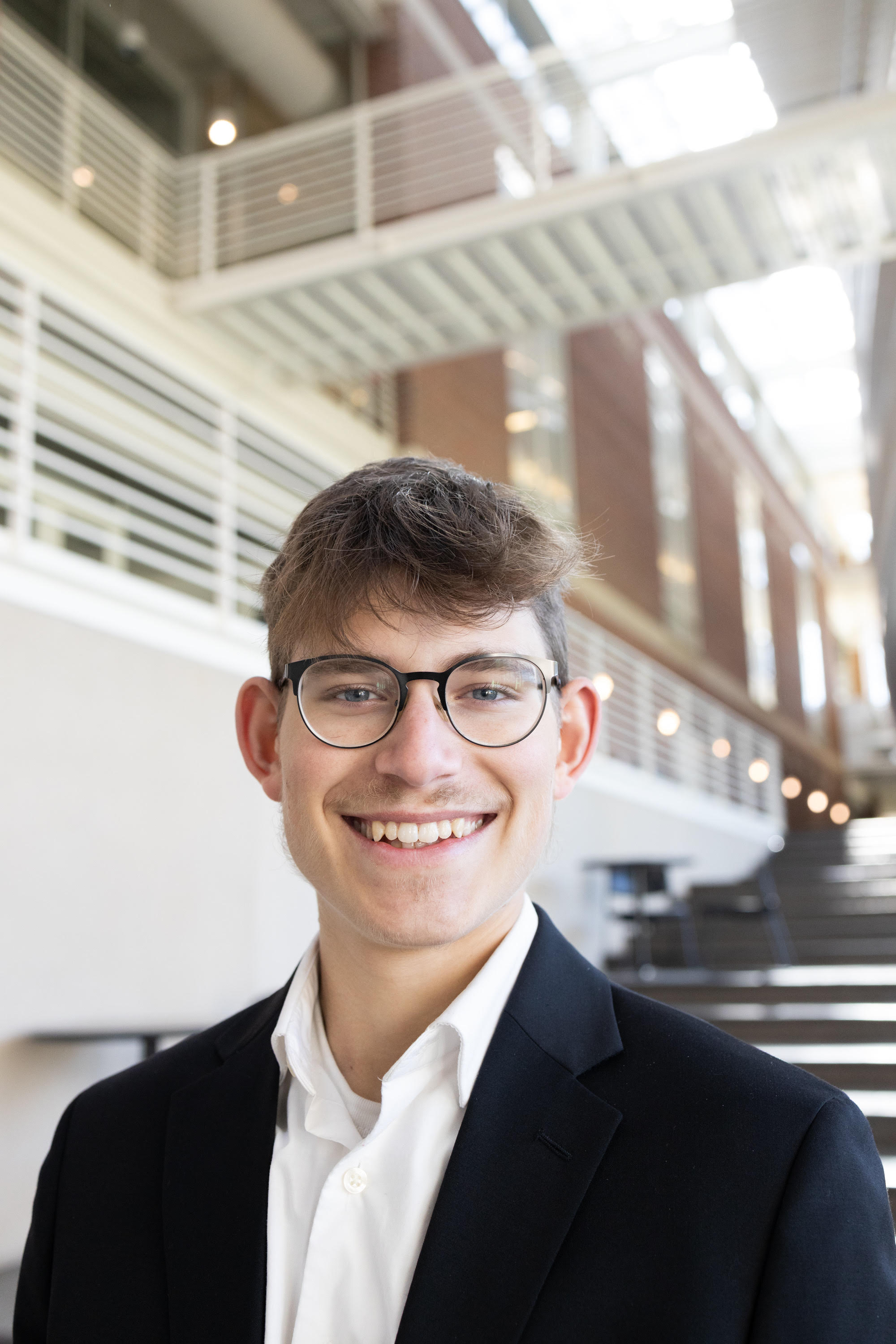Virtual internship with South African Whale Coast Conservation inspires a future focused on sustainability

I have long been fascinated by the intersection between our economy and the environment, and the ways in which we, as a society, can work towards greater sustainability. This interest has only deepened through my campus involvement and experiences with various organizations dedicated to environmental protection and conservation.
A virtual internship program through the College of Agricultural, Consumer and Environmental Sciences (ACES) allowed me to connect with Sheraine and Keselwa from the Whale Coast Conservation (WCC), a South African organization committed to transforming the Cape Whale Coast region into a model of sustainability and environmental awareness.
During my initial interactions with Sheraine and Keselwa, we discussed how I could contribute to WCC’s mission. We ultimately decided that my focus would be on developing and refining policies and procedures. While this task might not have seemed immediately thrilling, I soon realized that the internal operations of environmental nonprofits are crucial to their effectiveness. This hands-on experience has illuminated the importance of these behind-the-scenes roles in advancing any organization’s goals.
Working remotely with an organization based in South Africa, I gained a unique perspective on how environmental issues transcend national borders and require cooperative efforts across different cultures and regions. This experience highlighted the importance of cross-cultural communication and the need for diverse approaches to problem-solving. It became clear that effective environmental policy must consider various local contexts and integrate international best practices. This realization has inspired me to pursue opportunities that involve global environmental issues and to engage with a wider network of professionals working towards shared sustainability goals. The global nature of these challenges requires a holistic and inclusive approach, and I am eager to contribute to solutions that address both local and international needs.
While working with Whale Coast Conservation, I observed how the organization meticulously plans and implements strategies to achieve its sustainability goals over extended periods. This forward-thinking approach involves setting clear, long-term objectives and breaking them down into manageable, short-term actions. Witnessing the impact of such strategic planning has deepened my appreciation for the role of foresight and structured goal-setting in driving meaningful environmental progress. It has also highlighted the necessity of maintaining flexibility to adapt to new challenges and opportunities as they arise. This experience has encouraged me to adopt a more strategic mindset in my own career planning and to prioritize long-term thinking in the development of environmental policies and initiatives. By integrating strategic planning into my approach, I aim to contribute to more sustainable and impactful outcomes in future roles.
As I get ready to navigate my future career, I am confident that working in environmental policy and advocacy aligns with my passion and skills. Sustainability is where my passion lies, and I am eager to identify how my skills can be applied in this area.
The virtual internship experience has provided me with valuable insights into professional and work cultures beyond the United States and underscored the importance of time management and adaptability. Academically, working with WCC has solidified my commitment to advancing sustainability through effective policy implementation. This experience has been enlightening in shaping my career aspirations and reinforcing my dedication to creating a more sustainable world.
Rudy LaFave is a junior in the Department of Agricultural and Consumer Economics with a concentration in Environmental Economics and Policy.
Learn more about Virtual Internships.